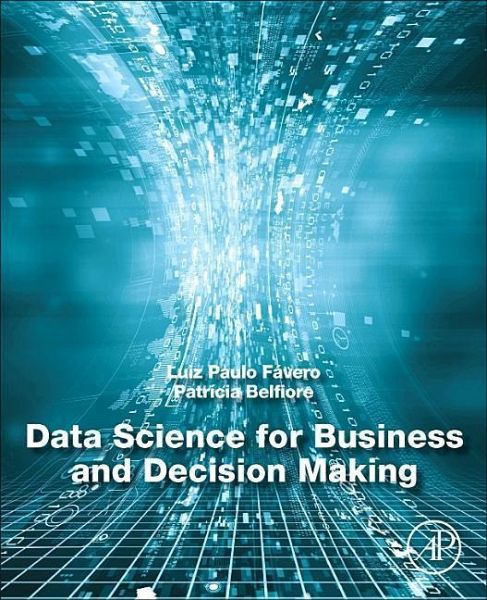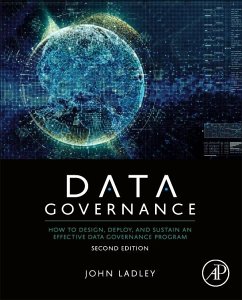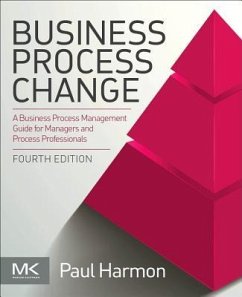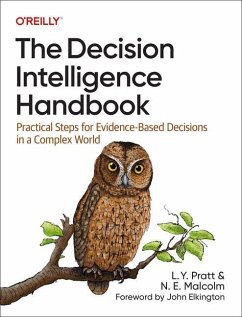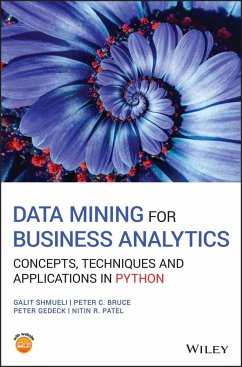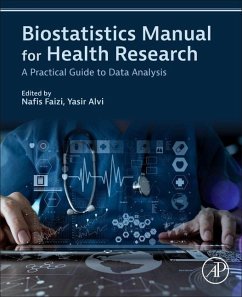Dr. Fávero is a Full Professor at the Economics, Business Administration and Accounting College and at the Polytechnic School of the University of Sao Paulo (FEAUSP and EPUSP), where he teaches Data Science, Data Analysis, Multivariate Modeling, Machine and Deep Learning and Operational Research to undergraduate, Master's and Doctorate students. He has a Post-Doctorate degree in Data Analysis and Econometrics from Columbia University in New York. He is a tenured Professor by FEA/USP (with greater focus on Quantitative Modeling). He has a degree in Engineering from USP Polytechnic School, a post-graduate degree in Business Administration from Getúlio Vargas Foundation (FGV/SP), and he has received the titles of Master and PhD in Data Science and Quantitative Methods applied to Organizational Economics from FEA/USP. He is a Visiting Professor at the Federal University of Sao Paulo (UNIFESP), Dom Cabral Foundation, Getúlio Vargas Foundation, FIA, FIPE and MONTVERO. He has authored or co-authored 9 books and he is the founder and former editor-in-chief of the International Journal of Multivariate Data Analysis. He is member and founder of the Latin American Academy of Data Science. He is a consultant to companies operating in sectors such as retail, industry, mining, banks, insurance and healthcare, with the use of Data Analysis, Machine and Deep Learning, Big Data and AI platforms, such as R, Python, SAS, Stata and IBM SPSS. Dr. Fávero is a Full Professor at the Economics, Business Administration and Accounting College and at the Polytechnic School of the University of Sao Paulo (FEAUSP and EPUSP), where he teaches Data Science, Data Analysis, Multivariate Modeling, Machine and Deep Learning and Operational Research to undergraduate, Master's and Doctorate students. He has a Post-Doctorate degree in Data Analysis and Econometrics from Columbia University in New York. He is a tenured Professor by FEA/USP (with greater focus on Quantitative Modeling). He has a degree in Engineering from USP Polytechnic School, a post-graduate degree in Business Administration from Getúlio Vargas Foundation (FGV/SP), and he has received the titles of Master and PhD in Data Science and Quantitative Methods applied to Organizational Economics from FEA/USP. He is a Visiting Professor at the Federal University of Sao Paulo (UNIFESP), Dom Cabral Foundation, Getúlio Vargas Foundation, FIA, FIPE and MONTVERO. He has authored or co-authored 9 books and he is the founder and former editor-in-chief of the International Journal of Multivariate Data Analysis. He is member and founder of the Latin American Academy of Data Science. He is a consultant to companies operating in sectors such as retail, industry, mining, banks, insurance and healthcare, with the use of Data Analysis, Machine and Deep Learning, Big Data and AI platforms, such as R, Python, SAS, Stata and IBM SPSS.
